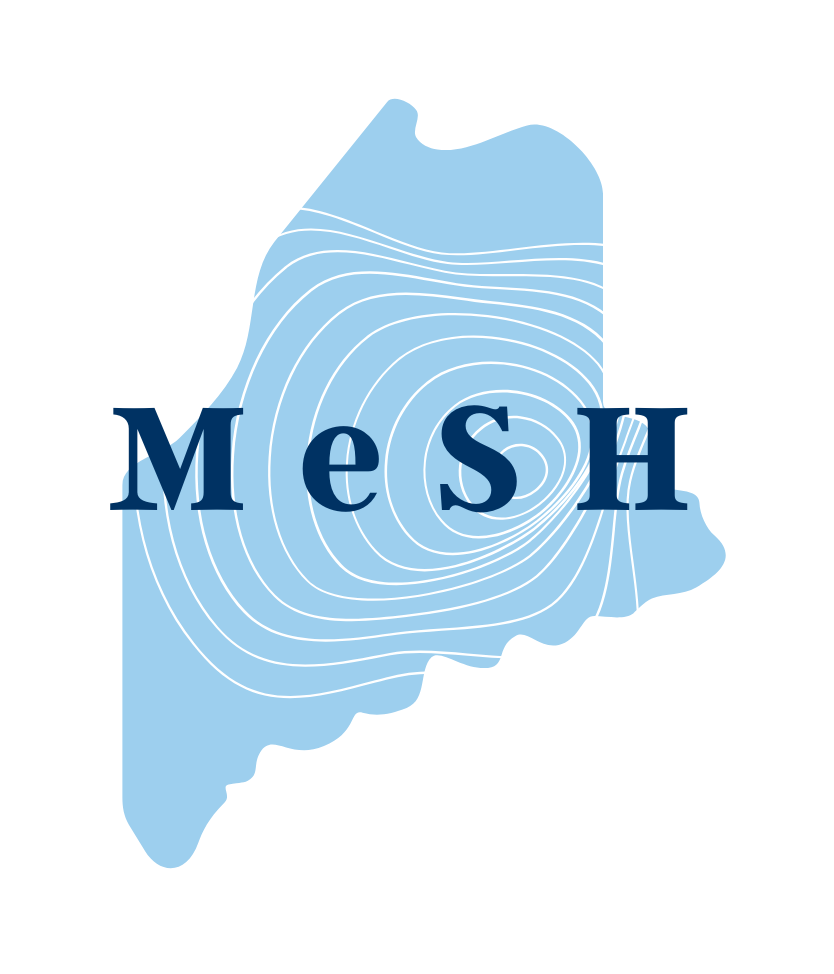MeSH People Page
The Maine Sustainability Hub is made up of UMaine staff, students, and alumni from many different backgrounds and academic focuses. Everyone in MeSH is involved in sustainability from different angles as they are at different ages, stages of life, professional backgrounds, and personal focuses. Please contact us at mesh@maine.edu or 207-581-3196. You can also reach out through Instagram at mainesustainabilityhub.
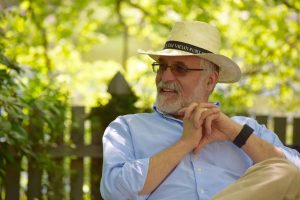
François Amar
Professor of Chemistry; Faculty Fellow, Mitchell Center
amar@maine.edu
My interest in sustainability started with the first Earth Day in 1970 when I helped organize a teach-in at my high school. I presently work on the catalytic upgrading of bio-based fuels. My interest in interdisciplinary education brought me to think about MeSH as a place for a wide range of students to pursue approaches to the big environmental and sustainability challenges facing the planet.
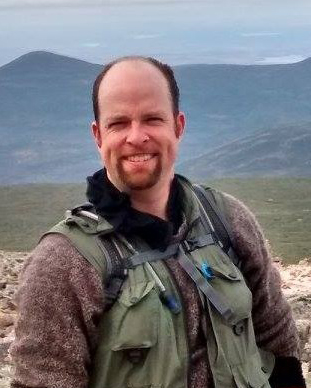
Don Beith
Associate Professor of Philosophy
donald.beith@maine.edu
Don Beith works in environmental philosophy, existentialism and ways philosophy can help us live a good life (ethics). Don came to MeSH to share a passion for thinking together outdoors, to engage with students interested in changing the world and in hopes of co-developing a dynamic interdisciplinary network and curriculum addressing real world issues like sustainability, well-being and climate change.
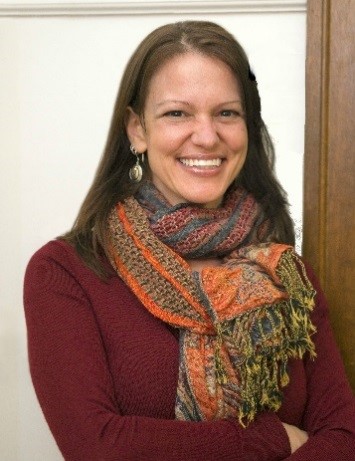
Christine Beitl
Associate Professor, Anthropology
christine.beitl@maine.edu
Christine Beitl is a faculty member in the Anthropology Department and a Faculty Associate of the Mitchell Center. Her research and teaching has centered on the sustainability of oceans, coasts, fisheries, forests, and other common pool resources in Latin America, Oceania, and more recently, Canada and the U.S. Christine hopes MeSH will provide a space for the development of a campus-wide network to enhance students’ university experience by inspiring ideas for sustainability research and mobilizing action, awareness, and civic engagement.
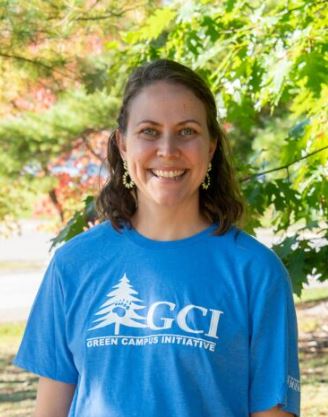
Megan Carter
Community Education Assistant and Supervisor of the Green Campus Initiative
megan.carter@maine.edu
Megan is the coordinator for the office of Green Campus Initiative, an office within Auxiliary Enterprises. Her work focuses on education surrounding sustainability initiatives at UMaine. GCI supports the Green Living Floor, a themed living floor for first year students; coordinates sustainability events across campus; coordinates weekly food recovery trips that collect food from dining halls and deliver it to the BBE, the on-campus food pantry; and coordinates the end of semester Clean Sweep collections to reduce the amount of items being sent to the landfill. She is passionate about sustainability and the importance of collaboration.
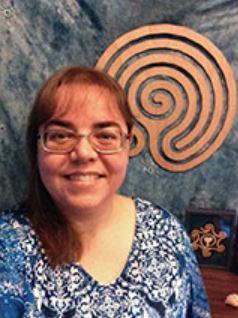
Yadina Clark
RISE Center Adminstrative Specialist CL3
yadina.clark@maine.edu
Yadina Clark is a staff member at the Maine Center for Research in STEM Education (RiSE Center), a member of the UMaine Permaculture Committee, and an advisor for Terrell House Permaculture Living and Learning Center, an experiential learning and sustainability project which she proposed and co-founded in 2012. Yadina’s prior experience in environmental education and research includes a Maine Conservation Corps term of service at Newforest Institute, a Research Associate internship at Earthwatch Institute, and a Peer Review Coordinator position at Eastern Research Group.

